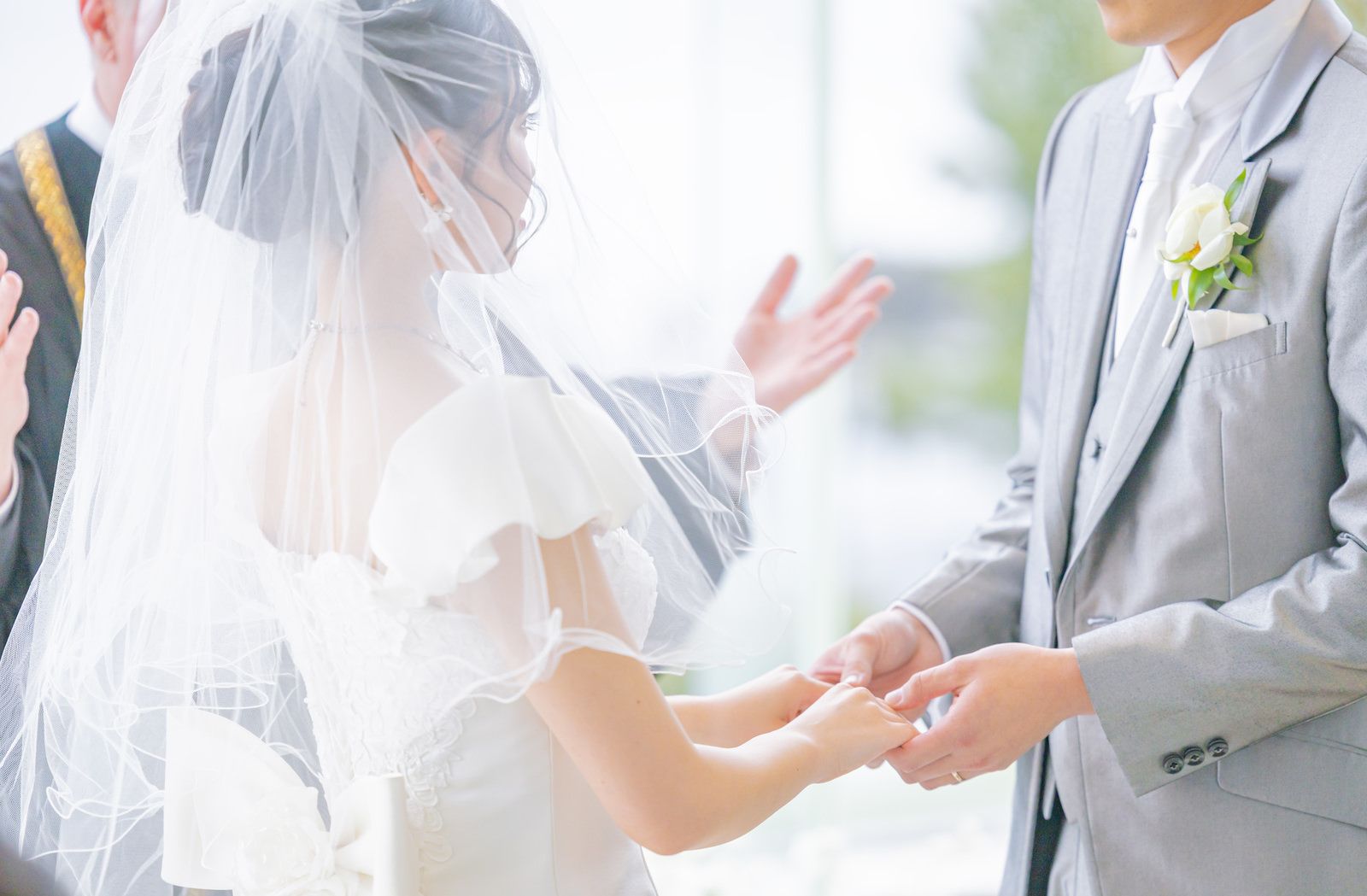Marriage in Japan: What It’s Really Like (& How It Actually Works) 💍

More in Love & Romance
👋 New to Learning Japanese? Start Here
Ready to learn Japanese from zero? Begin with Hiragana, Katakana, and core grammar to get the foundations down for reading, writing, and understanding Japanese. Once you’ve got these down, you’ll be able to enjoy immersive content like Bento’s graded readers and blog articles with confidence.
Learn Hiragana(ひらがな)
The basic alphabet of Japanese. Used for native words, particles, and verb endings — it’s where every learner should begin!
- Master the sounds: あ・い・う・え・お
- Recognize key particles like は, が, を, の
- Start reading simple sentences

Learn Katakana(カタカナ)
Katakana is used for foreign words, brand names, and emphasis. You’ll spot it on menus, train signs, and even in convenience stores.
- Read words like コーヒー, コンビニ, メニュー
- Get used to small ャ・ュ・ョ and long vowels ー
- Boost recognition speed with quick drills

Understand Japanese Grammar(文法)
Learn some basic Japanese grammar. Start small and read L0 graded readers to start building confidence.
- Core sentence: AはBです — “A is B.”
- Learn particles: は、が、を、の、に
- Use common verbs and daily phrases

Start Learning with Bento Japanese
Create a free account to get weekly reads, save vocabulary to your Collections, and track your progress.



